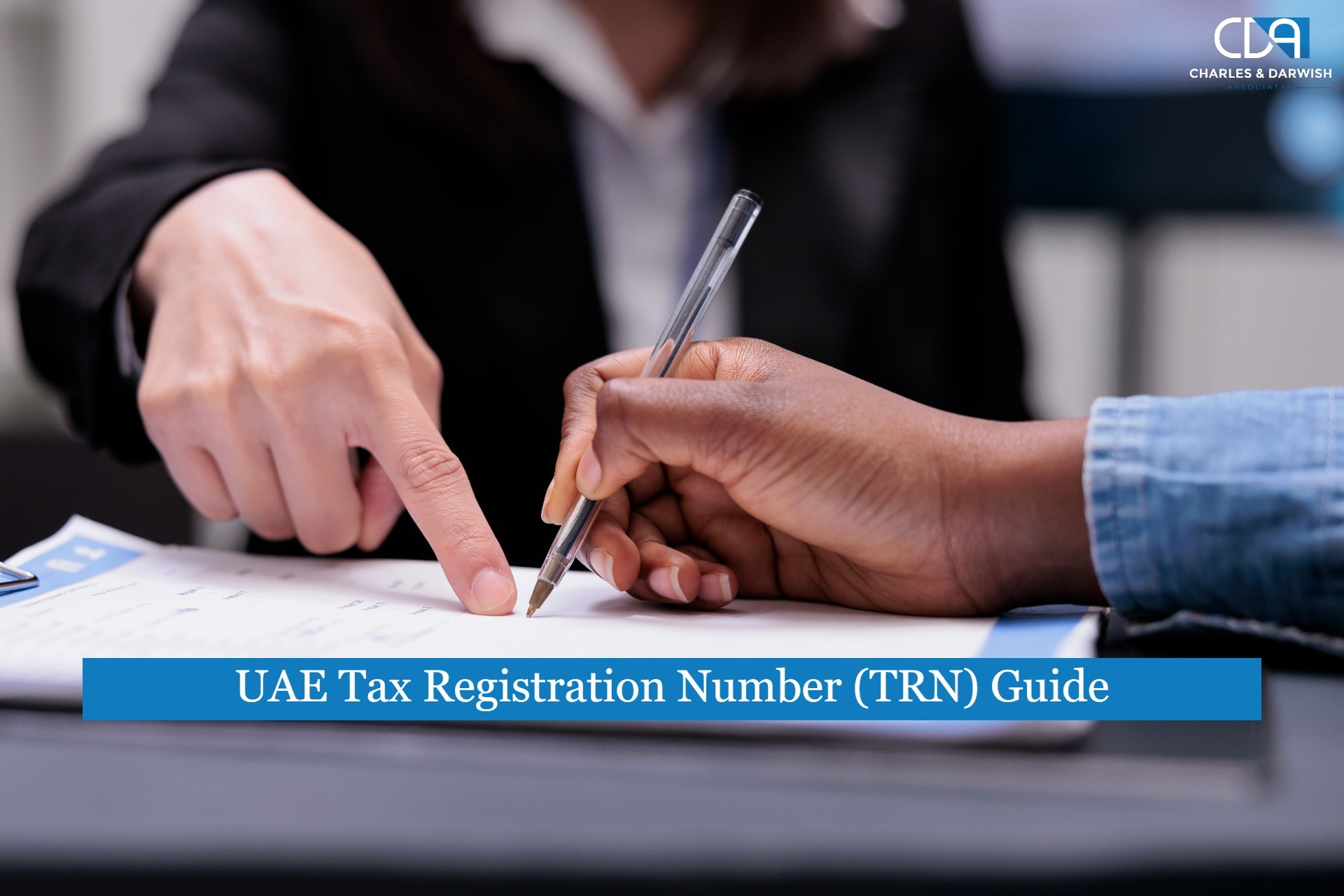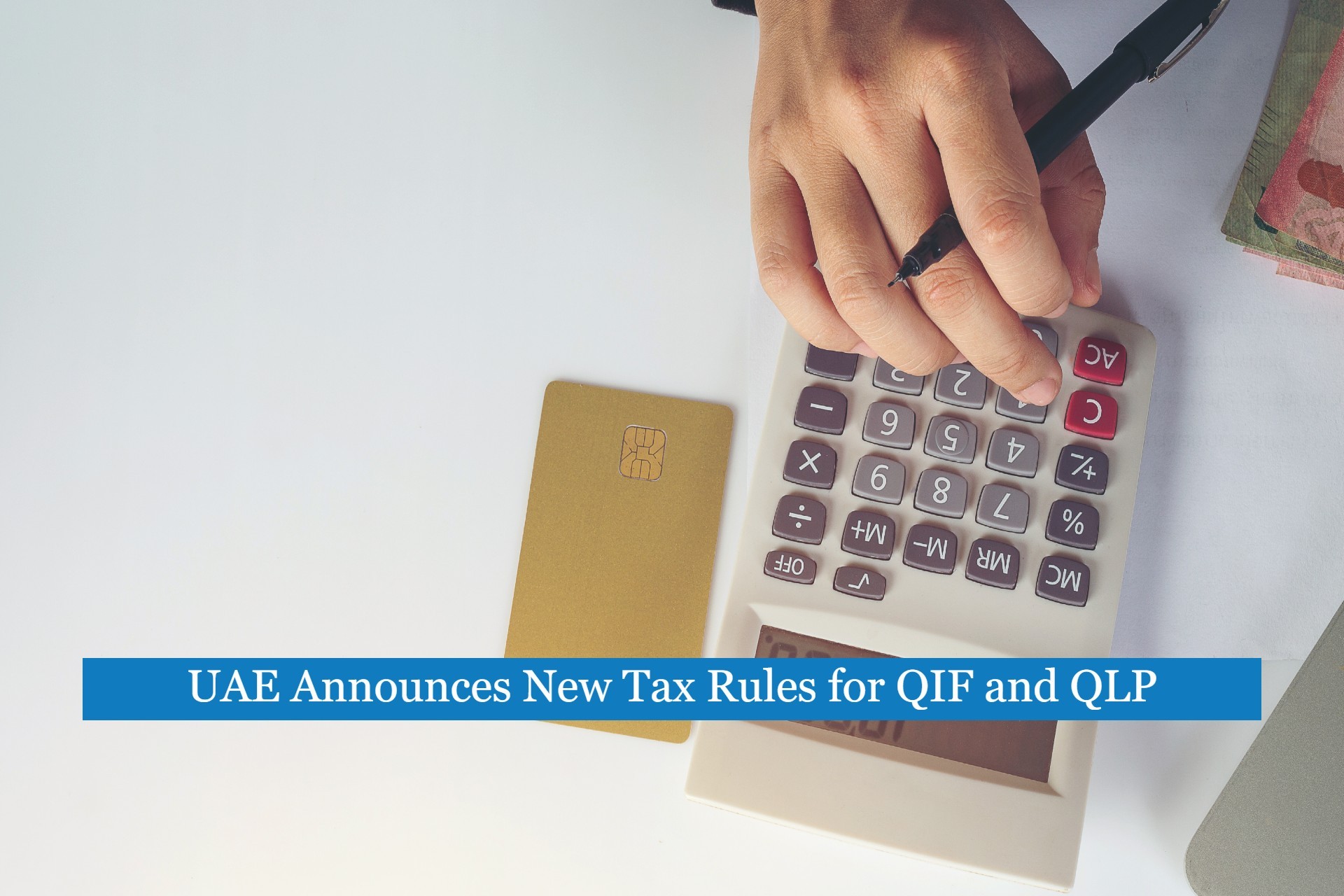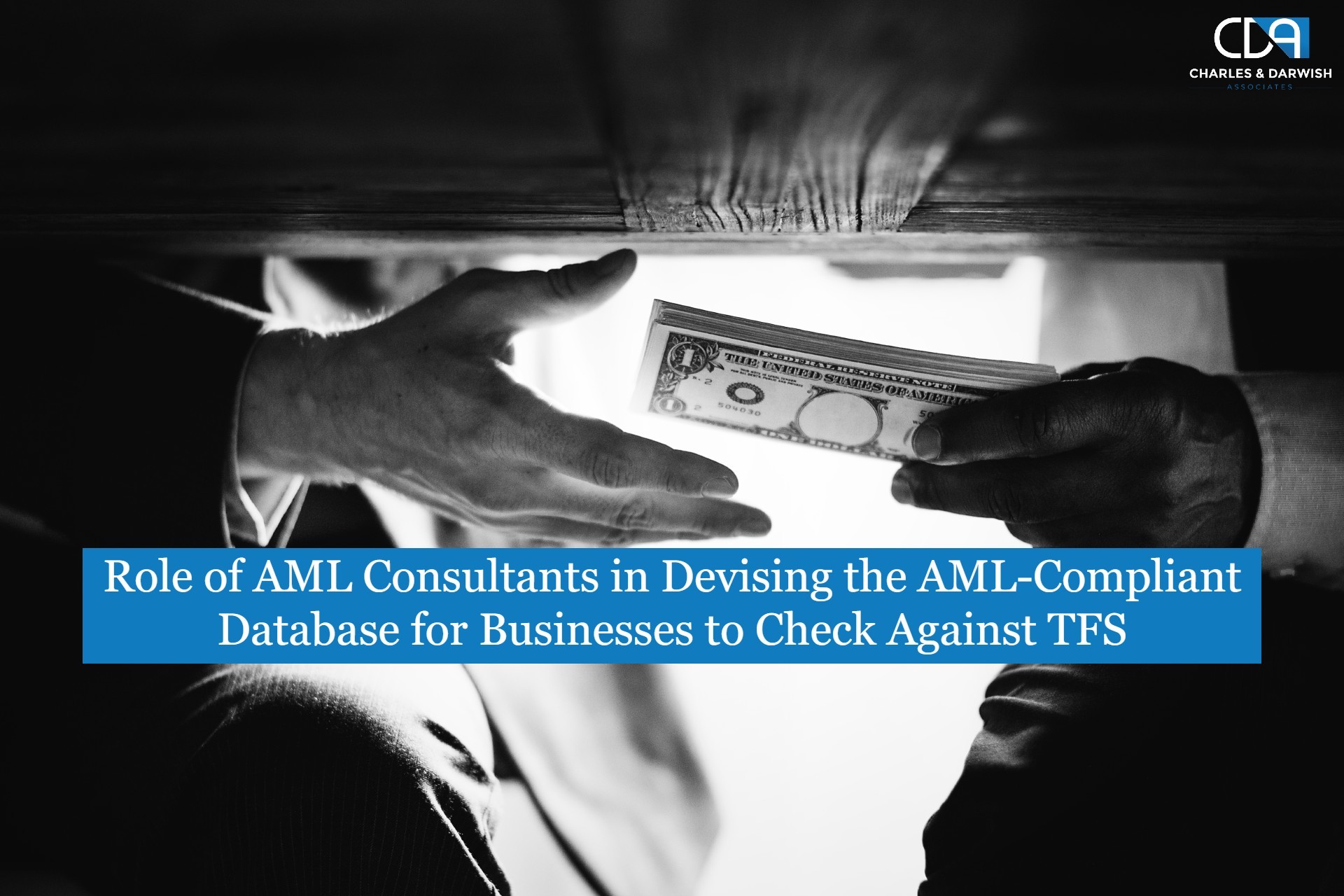Registration and Record-keeping Obligations of Exempt Persons Under Corporate Tax
Who is an Exempt Person Under the UAE Corporate Tax law?
As per the UAE CT law, exempt persons from the CT include the following:
- Any government entity
- Any government-controlled entity
- Any person who deals in any extractive business who meets the criteria under Article 7 of the CT law
- Any person engages in any non-extractive natural resource business that meets the conditions of Article 8 of CT law.
- Any qualifying public benefit entity defined under Article 9 of CT law
- Any qualifying investment funds defined under Article 10 of the CT law
- Any public pension, any kind of social security fund, or any private pension that would be subject to the legal oversight of the authority in the state and complies with all the conditions laid down by the minister
- Any juridical person who is incorporated in the state and who is wholly owned and controlled by any exempt person as described in the above 1, 2, 6, and 7 points and who is engaged in any of the following:
- Undertaking any activity of the exempted person, partly or wholly
- Who is engaged in holding the assets or investing the funds exclusively for the benefit of any exempted person?
- Who only carries out any activities that are ancillary to the activities conducted by the exempted person.
- Any person who is considered to be an exempted person under a decision by the cabinet on the suggestion of the minister.
If any of the exempt persons fail to comply with the rules and regulations of the CT law, then the exempt status of such person may be revoked under the law.
You can also read: A Guide to Income Exempted from Corporate Tax in UAE
What Are the Record-keeping Obligations of the Exempt Persons Under the CT Law?
Under the UAE Corporate Tax law, the exempt persons as well as the taxable persons are required to keep all the required documents and records for a period of seven years from the end of the tax period to which they relate.
The main point to keep in mind is that the records must be kept for seven years from the end of the tax period to which they relate and not the year in which they were created.
Example:
If any taxable person uses cash basis accounting methods, then it might have bills or invoices that may be raised in a tax period prior to the one in which they might be paid. In such cases, the seven-year criteria will be met when the year starts from the tax period in which the bills and invoices were paid.
The records and documents that are maintained by the exempted persons must be provided before the FTA when requested by them; they must be updated and contain all the information required by the FTA, hence making them easily accessible to the FTA.
What Are the Registration Obligations of the Exempted Persons Under the CT law?
As per the UAE CT law, the below-listed persons are not required to register under the CT law with the respective authority:
- Any government entity
- Any government-controlled entity
- Any person who deals in any extractive business who meets the criteria under Article 7 of the CT law
- Any person who engages in any non-extractive natural resource business that meets the conditions of Article 8 of CT law
- Any non-resident person who earns state-sourced income as defined under Article 13 of CT law and who doesn’t have any permanent establishment in the state as per the provisions under CT law.
- Any government entity or any person who engages in any non-extractive natural resource business that meets the conditions of Article 8 of CT law will be subject to getting registered under the CT law without any bias if these persons become taxable under the provisions of the law.
The entities that do not fall under the above list will be subject to CT registration.
You can also read: UAE Corporate Tax Exempted Parties and Excluded Incomes
CDA: Your Corporate Tax Advisor in UAE
Availing tax advisory services from reputed firms like CDA would be beneficial for entities operating in the UAE in order to get more accurate insights into the tax demography of the landscape. The tax experts at CDA can assist you in complying with the regulations of the new tax law and avoiding paying any penalties or fines. Acquiring our premium advisory services can enable you to get all possible tax incentives. To know more contact our team now

Mark Thompson
Full-stack Developer, Blogger, and Tech Enthusiast.
Mark specializes in digital marketing, SEO, and content strategy.













